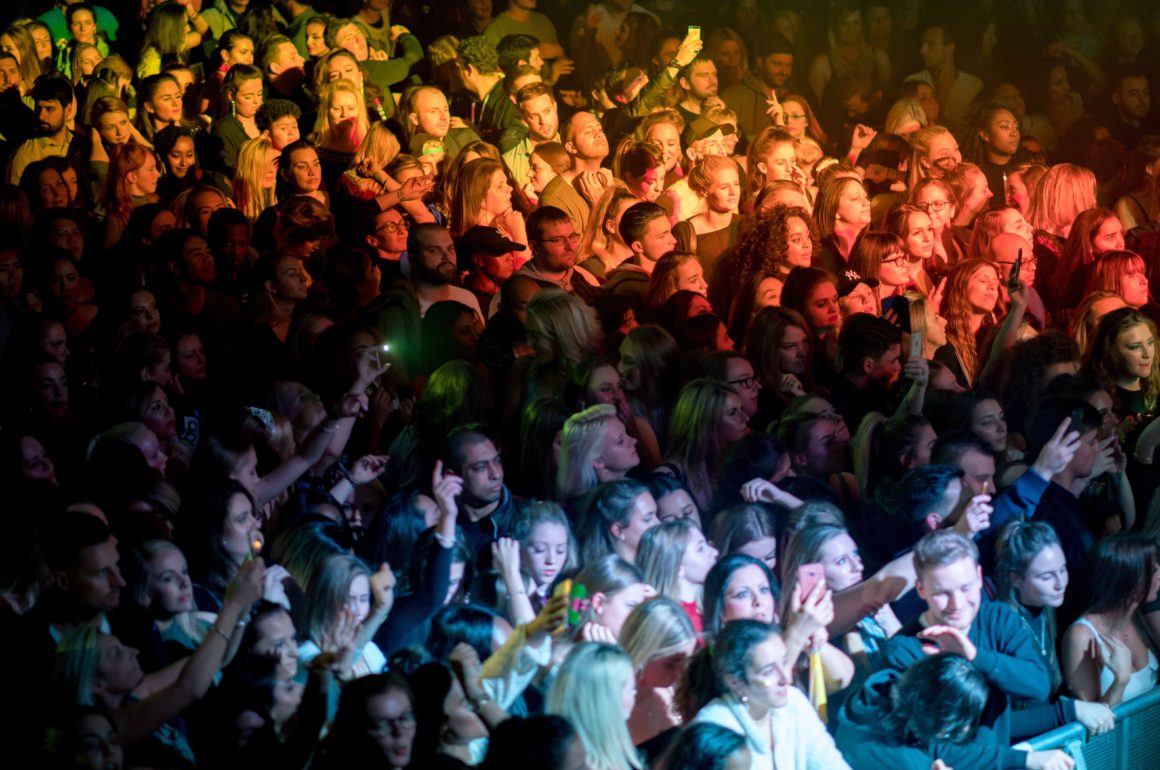How to celebrate Christmas after Christmas Day

It’s the quiet after Christmas. The decorations are still up but the main celebrations are over, the gifts are all opened, the events and holiday bustle is winding down. For many in the wider culture, this is a time of subtle (or not so subtle) deflation. The artificial glow of the holidays is over and people are caught in the lull between the rush of pre-holidays and the resumption that picks up after the new year. There’s little that we can see on the horizon beyond the New Year celebration itself.
But for the Christian, Christmas has just begun. For those that order time by the Christian year, Christmas is a season like Advent, Lent, or Easter. The events we celebrate with Christmas are too large to be contained within a single day. The celebration of Christmas begins December 25th and continues until the beginning of Epiphany the first week of January. The expansive, world-transforming events of the Incarnation broke in on us Christmas Day. Now we set aside the time to reflect on what these events mean for our world, for our churches and communities, and for the ordinary course of our daily lives.
Celebrating Christmas after December 25th? Isn’t that a little strange?
Maybe. A lot of us feel strange celebrating Christmas after the actual day is come and gone. Some of us feel pressure to get rid of the decorations, to move on to the next holiday, to put the rush and mess (and expense and exhaustion and conflict) of Christmas behind us.
And, because of this natural lull, the time between Christmas and the New Year becomes a perfect opportunity for spiritual formation.
I know for me and my family, it’s a bit of a battle to sustain attention on God and the spiritual themes of Advent. This year, my wife and I have managed most nights to sit on the couch together with our kids before bedtime and read through the Scriptures in our Advent Calendar. We lit the Christ Candle on Christmas Day while sitting down to dinner with family. And I was able to snatch a few quiet moments in the evenings to reflect on the anticipatory themes of Advent. Christmas was harder, with every moment booked with travel, wrapping and giving and opening presents, and elaborate meals with family. Now, in the lull of the final days of the year, I’m finding more time to rest and to reflect on Christmas itself. Our family’s schedule has opened up and I have some time off work. What a beautiful time to let the events of the Incarnation settle more fully into my bones.
If you’re finding yourself in a similar place, here are some ideas to use a little of that time to continue celebrating Christmas.
- Quietly receive the gift of each new day. Advent was the eager anticipation of promises fulfilled. Now, the promises have been fulfilled—surprising, glorious, more beautiful and far-reaching than we expected. Now, trade in the evening Examen-type prayers of waiting and anticipation for the silent, receptive morning prayers of Christmas. Even if you do nothing else for your daily devotions, begin each day of the Christmas season in silence, ready to receive the gift of God’s in-breaking presence. Give yourself at least five minutes of quiet reception. Consider finding somewhere quiet in your home to sit, perhaps with your hands in your lap, palms up-raised in a posture of humble reception. God has given his gifts and they are unfolding in our lives even now. Will we see them? Will we receive them?
- Resist the urge to resume the rush. There’s a lot to do to clean up the aftermath of the Christmas rush. Work responsibilities are coming, and now we have a few days to get things done. Consider that there is time enough for all that and more in God’s good plan. Perhaps our time is better spent using this time-between-times as a much-needed Sabbath rest. The new year will come soon enough.
- Set aside rigorous discipline in favor of humble rest. For those of us with a well-ordered day usually brimming with habit-forming disciplines, the time after Christmas is an excellent time to set those disciplines aside and let our souls rest. If the disciplines are doing their job, a few days off won’t undo their important work. There will be time enough to pick them up fresh with the new year, and we will very likely find new strength and excitement to re-double our efforts after a little time of rest.
- Reflect on the past year. We’ll have more to say on this, but for for now, consider letting your mind run back loosely over the events of the prior year. This is a natural time of transition into a new year. Use this time to reflect on the gift of God’s presence and all he has done in your life over the previous 12 months. Reflect on where you are now and the still, small voice that is calling you deeper into the good life of God’s kingdom.
- Find someone to love and serve. The time after Christmas is often a let down or downright depressing for many people. Seek out the people you know that could use some extra attention or help after Christmas. Are there people living alone that need help putting away decorations or just in need of company? Are there people for whom the Christmas season is a chore that could use an excuse to grab coffee or take in a movie? Are there struggling families that didn’t get what they needed for Christmas or are facing a tough new year? Go to them and be part of the gift God gives them.
Christmas is just getting started. The beauty of Emmanuel—God with us—is just beginning. With the rush behind us, may we meet God anew as this Christmas season unfolds.









Leave a Comment